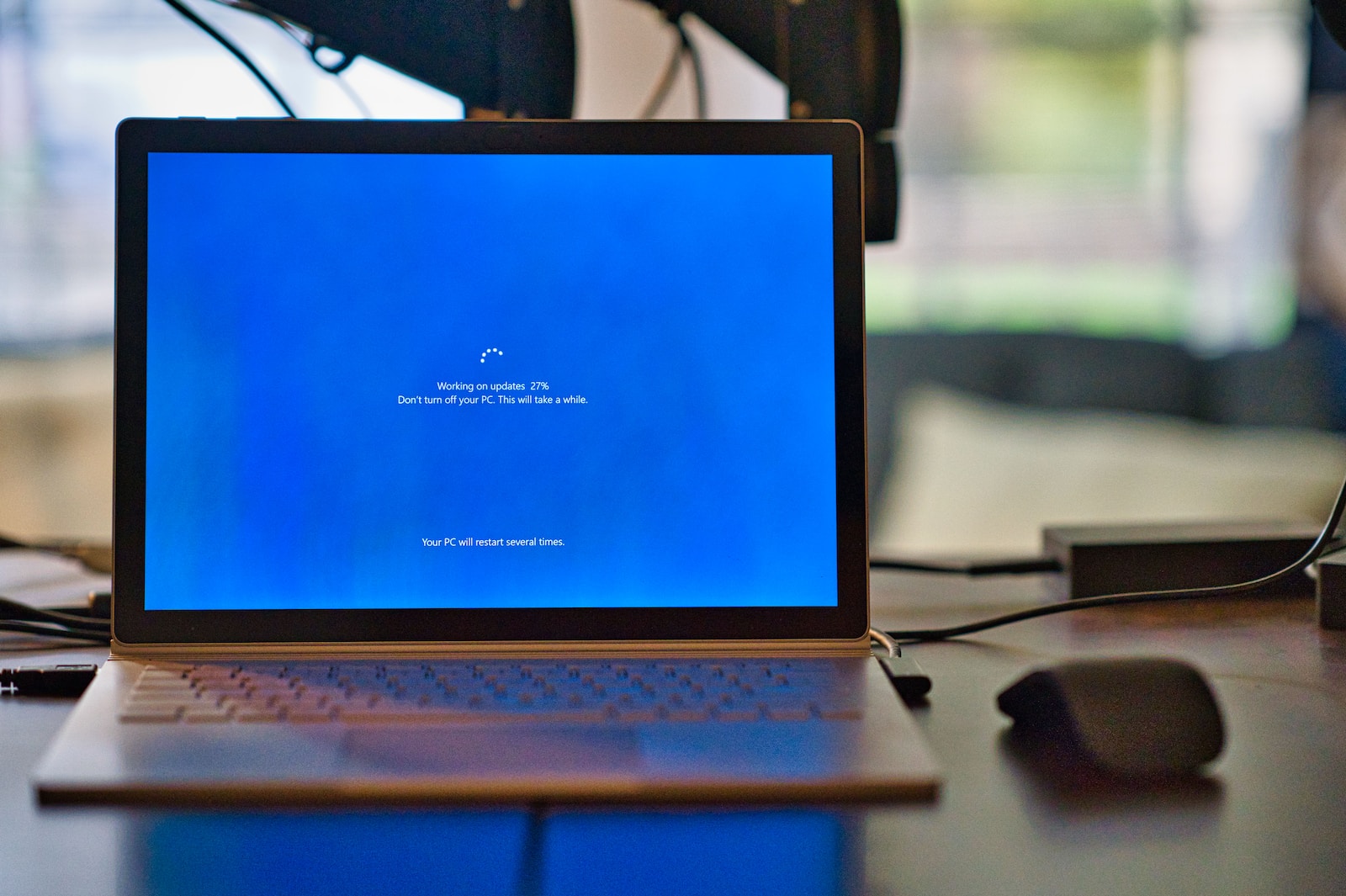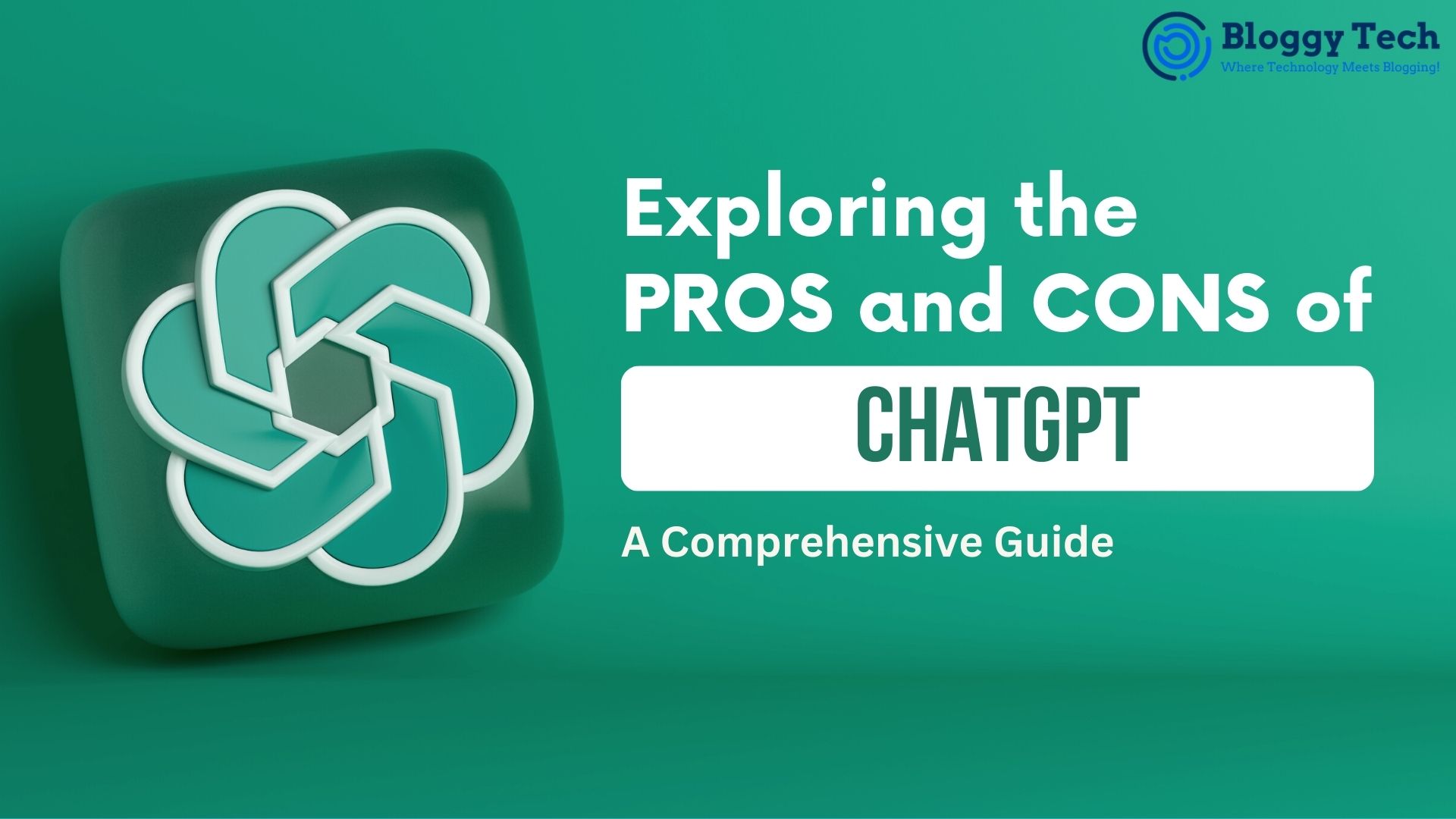Unlock your online potential with UnikBrushes - Your one-stop-shop for expert web development and digital marketing solutions.
Join BloggyTech now and stay ahead in the game with valuable insights and tips on technology, digital marketing, and personal development!
Looking for a list of trendy AI tools that can enhance and save time in your work? Check out ZynoSItes - I'm sure you'll be amazed!
Upgrade your writing game with ZynoInk - the ultimate AI-powered writing tool for students and marketing professionals. Try it now and experience the difference!
In the realm of programming languages, Python stands as a shining star, revered by developers, data scientists, and tech enthusiasts alike. Its simplicity and versatility have propelled it to the forefront of the technology landscape. In this article, we will delve into the diverse applications of Python and explore the myriad advantages it offers to users across various domains.
Table of Contents
- Introduction to Python
- Python in Web Development
- Python in Data Science
- Automation with Python
- Machine Learning and AI
- Scientific Computing
- Python in Education
- Advantages of Python
- Conclusion
1. Introduction to Python
Python, created by Guido van Rossum in the late 1980s, is an open-source, high-level programming language known for its readability and elegant syntax. It has gained immense popularity due to its simplicity and ease of learning, making it an ideal choice for beginners and seasoned developers alike.
2. Python in Web Development
Python is extensively used in web development. Frameworks like Django and Flask have simplified the process of building robust web applications. With Python, developers can create dynamic and feature-rich websites efficiently.
3. Python in Data Science
The data-driven world of today relies heavily on Python for data analysis and visualization. Libraries like Pandas, NumPy, and Matplotlib empower data scientists to extract meaningful insights from complex datasets.
4. Automation with Python
Python’s scripting capabilities are invaluable for automating repetitive tasks. From file manipulation to system administration, Python scripts can simplify various aspects of IT operations.
5. Machine Learning and AI
Python serves as the go-to language for machine learning and artificial intelligence projects. Libraries like TensorFlow and PyTorch have made it accessible for developers to create intelligent systems and predictive models.
6. Scientific Computing
Scientists and researchers harness Python for scientific computing and simulations. Its extensive libraries for mathematics and scientific computing enable the modeling of complex phenomena.
7. Python in Education
Python’s simplicity makes it an ideal choice for teaching programming to beginners. Many educational institutions incorporate Python into their curriculum to introduce students to the world of coding.
8. Advantages of Python
8.1. Readability
Python’s clean and readable syntax promotes code consistency and makes it easier to collaborate on projects.
8.2. Extensive Libraries
The Python ecosystem boasts a vast collection of libraries and modules, reducing development time and effort.
8.3. Cross-Platform Compatibility
Python is platform-independent, allowing developers to write code that can run seamlessly on various operating systems.
8.4. Community Support
The Python community is robust and supportive, offering a wealth of resources and documentation for users at all levels.
8.5. Versatility
Python can be used for a wide range of applications, from web development to scientific research, making it a versatile choice for developers.
9. Conclusion
In conclusion, Python’s widespread adoption is a testament to its utility and flexibility. It has seamlessly integrated into various domains, making it an indispensable tool for developers, data scientists, and educators. With its simple yet powerful features, Python continues to shape the future of technology.
FAQs
- Is Python suitable for beginners? Yes, Python is an excellent choice for beginners due to its straightforward syntax and extensive learning resources.
- What are some popular web frameworks in Python? Django and Flask are among the most popular web frameworks for Python.
- Can Python be used for scientific research? Absolutely. Python’s scientific computing libraries make it a valuable tool for researchers in various fields.
- How does Python contribute to automation? Python’s scripting capabilities allow users to automate repetitive tasks, saving time and effort.
- Where can I access Python resources and tutorials? You can find a wealth of Python resources online, including tutorials and documentation. For a quick start, visit here.
Python’s uses and advantages are manifold, and its relevance in the ever-evolving tech landscape continues to grow. Whether you’re a novice programmer or an experienced developer, Python offers a world of possibilities, waiting to be explored.
Unlock your online potential with UnikBrushes - Your one-stop-shop for expert web development and digital marketing solutions.
Join BloggyTech now and stay ahead in the game with valuable insights and tips on technology, digital marketing, and personal development!
Looking for a list of trendy AI tools that can enhance and save time in your work? Check out ZynoSItes - I'm sure you'll be amazed!
Upgrade your writing game with ZynoInk - the ultimate AI-powered writing tool for students and marketing professionals. Try it now and experience the difference!
Best Regards,
Amar



